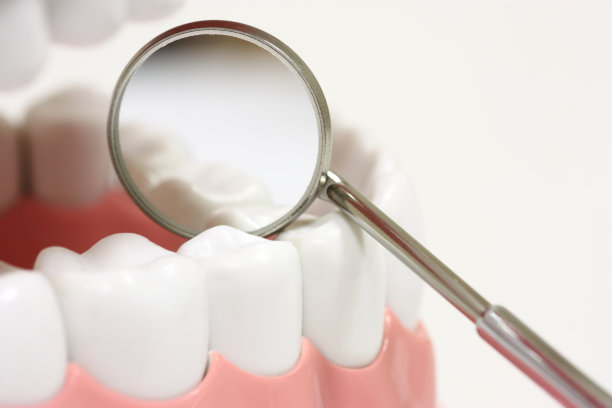The Comprehensive Guide to Understanding Dental Implants Benefits Costs and Recovery for Your Perfect Smile
Summary: Dental implants have revolutionized restorative dentistry, offering a reliable solution for those seeking to replace missing teeth. This comprehensive guide delves into the benefits of dental implants, their associated costs, and the recovery process involved, providing essential insights for anyone contemplating this life-changing procedure. By understanding these key elements, patients can make informed decisions and ultimately achieve the perfect smile they desire. Explore the advantages of dental implants, financial considerations, the healing journey, and the impact on overall oral health in this informative overview.
1. Exploring the Benefits of Dental Implants

Dental implants are widely recognized as one of the most effective solutions for tooth loss. Unlike dentures or bridges, implants provide a permanent foundation that mimics the natural tooth root, allowing for enhanced stability. This stability not only improves chewing efficiency but also enhances speech, making everyday activities more comfortable and enjoyable.
In addition to functional benefits, dental implants offer significant aesthetic advantages. With options to choose from various materials and designs, patients can achieve a natural look that blends seamlessly with their existing teeth. A well-placed implant restores confidence and helps individuals smile freely, enhancing their overall quality of life.
Furthermore, the benefits of dental implants extend beyond the immediate physical and psychological improvements. They play a crucial role in preserving jawbone health. When a tooth is lost, the surrounding bone may deteriorate; however, implants stimulate bone growth, maintaining the structure of the jaw and preventing further tooth loss.
2. Understanding the Costs of Dental Implants
Dental implant costs can vary significantly based on several factors, including the complexity of the procedure, geographic location, and the experience of the dental professional. Generally, the initial investment may seem high; however, when considering the longevity and durability of implants, they often prove to be a cost-effective solution in the long run.
Patients should also factor in additional costs, such as pre-operative assessments, imaging studies, and potential bone grafting procedures if there is inadequate bone density. These elements can add to the total expense and should be discussed in detail during the initial consultation with the dentist.
Moreover, dental insurance plans may offer varying coverage levels for implants. It is crucial for patients to communicate with their insurance providers and dental office regarding potential financial assistance or payment plans. Understanding the full scope of the financial investment will better prepare individuals for the procedure.
3. The Recovery Process After Dental Implant Surgery
Recovery after dental implant surgery is a critical aspect that can influence the overall success of the procedure. Patients should be prepared for various stages of healing, as the implant integrates with the jawbone—a process termed osseointegration. This usually takes several months and requires adherence to post-operative care instructions.
During the initial recovery phase, it’s common to experience swelling, discomfort, or minor bleeding. Managing pain with prescribed medications and following a soft-food diet can make the healing process smoother. Regular follow-up appointments with the dental professional ensure that the healing progresses as expected and allows for prompt intervention if any complications arise.
Ultimately, the long-term success of dental implants heavily relies on proper care during recovery. Establishing good oral hygiene practices and attending routine checkups will not only support the implant but will also contribute to excellent overall dental health moving forward.
4. Long-Term Impact on Oral Health and Quality of Life
Beyond the immediate cosmetic and functional improvements, dental implants significantly contribute to long-term oral health. The preservation of jawbone and adjacent teeth is crucial, as the loss of natural teeth can lead to shifts in the bite and misalignment issues. Implants help mitigate these effects, promoting a healthy and balanced bite.
Furthermore, dental implants reduce the risk of gum disease. As they are anchored in the jawbone and mimic natural teeth, they allow for easier cleaning compared to traditional dentures, which can harbor food particles and bacteria. This ease of maintenance promotes better hygiene and overall health.
Ultimately, the quality of life improvement from dental implants is profound. Patients regain their ability to eat their favorite foods, speak without concern, and smile with confidence. This transformation in daily life emphasizes the importance of considering implants as a viable option for tooth restoration.
Summary:
In conclusion, dental implants present a remarkable option for individuals dealing with tooth loss, offering numerous benefits and a positive impact on overall health. While the initial costs may seem considerable, the long-term advantages are invaluable. Understanding the recovery process and long-term implications can empower patients to make informed choices that align with their goals for a perfect smile.
This article is compiled by Vickong Dental and the content is for reference only


